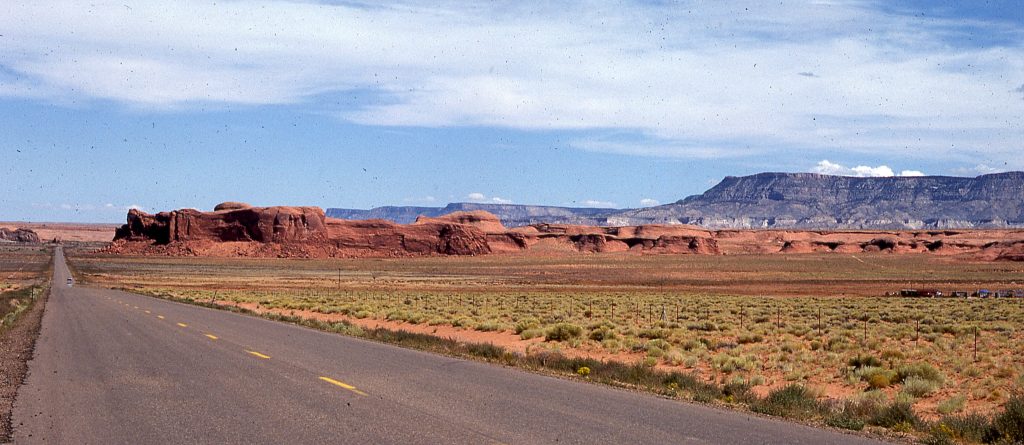Podcast: Play in new window | Download | Embed
Federal officials recently denied hydroelectric projects in Black Mesa in northeast Arizona.
Tribal officials are praising the federal government’s decision.
Clark Adomaitis has more.
Tribal officials and environmental justice groups have been opposing three hydroelectric pumps in the Black Mesa region for over a year, saying the project would deplete already small groundwater reserves.
The communities on the high plateau rely on aquifers that are 2,000-3,000 feet below the ground for drinking water.
“Today, we don’t even see the springs and the seeps anymore on Black Mesa.”
Nicole Horseherder, executive director of the Navajo nonprofit Tó Nizhóní Ání, says that for 50 years, coal mining projects have used billions of gallons of groundwater in Black Mesa.
“In a place that gets less than eight inches of rainfall a year, we’re almost 100% dependent on these groundwater sources. When industry comes in, and taps into the same groundwater sources, There’s just no way that you’re not going to make an impact on municipal and residential water uses.”
Horseherder praises the federal agencies for considering the tribal communities’ position.
Federal commissioners also announced a new policy of not allowing projects on Tribal lands that don’t have Tribal support.
 An Alaska legislator apologized on the house floor last week for comments she made in a Tribal Affairs Committee meeting.
An Alaska legislator apologized on the house floor last week for comments she made in a Tribal Affairs Committee meeting.
Committee members heard testimony from organizations serving Alaska Native people on the disparities in assault rates and violence against Indigenous women, which is several times higher than the general population.
At the end of the meeting, State Rep. Sarah Vance (R-AK) of Homer said she felt the presentation excluded the experiences of white women who are victims of sexual violence.
“It’s the same thing. But what I continue to hear in this committee over and over again, is if you are the only one. And I know that’s not your heart. But I ask that, when you come and present, that you remember that you have white sisters who are going through the same thing.”
State Rep. Ashley Carrick (D-AK) from Fairbanks responded to Rep. Vance’s comments.
“While the suffering is the same for victims, the causes of that violence are not the same. And the response to that violence is not the same. And the justice for the victims is not the same. And until it’s the same, we have got a lot of work to do.”
The 16-member Alaska House Coalition, which is made up of mostly Democrats and Independents, called for Rep. Vance to apologize in a press release last week, like State Rep. Maxine Dibert (Koyukon Athabascan/D-AK) from Fairbanks.
“As the only Alaska Native women in the legislature, knowing my Native sisters are disproportionately affected by these high rates of violence within Alaska and other states cuts me to my core.”
Rep. Vance apologized on the House floor that same day.
“But to every victim and every Alaskan Native voice, you have been heard and you will continue to be heard in this body. And I ask you to forgive me for, for not listening with understanding first.”
Rep. Vance sponsored four bills related to human and sex trafficking this legislative session.
 The Cherokee Nation in Oklahoma is seeking changes to the Major Crimes Act for Cherokee citizens of Freedmen descent.
The Cherokee Nation in Oklahoma is seeking changes to the Major Crimes Act for Cherokee citizens of Freedmen descent.
The federal law governs criminal jurisdiction of tribal citizens on reservations and requires “Indian blood,” which the tribe says discriminates against Cherokee citizens of Freedmen descent.
Principal Chief Chuck Hoskin Jr. says they’ll seek change through Congress or the high courts.
The Cherokee Nation has more than 15,000 enrolled citizens of Freedmen descent, which are full Cherokee citizens.
Hoskin made the announcement during an event this week in Tulsa.
Get National Native News delivered to your inbox daily and stay up-to-date on the 2024 Native Vote. Sign up for our daily newsletter today.



